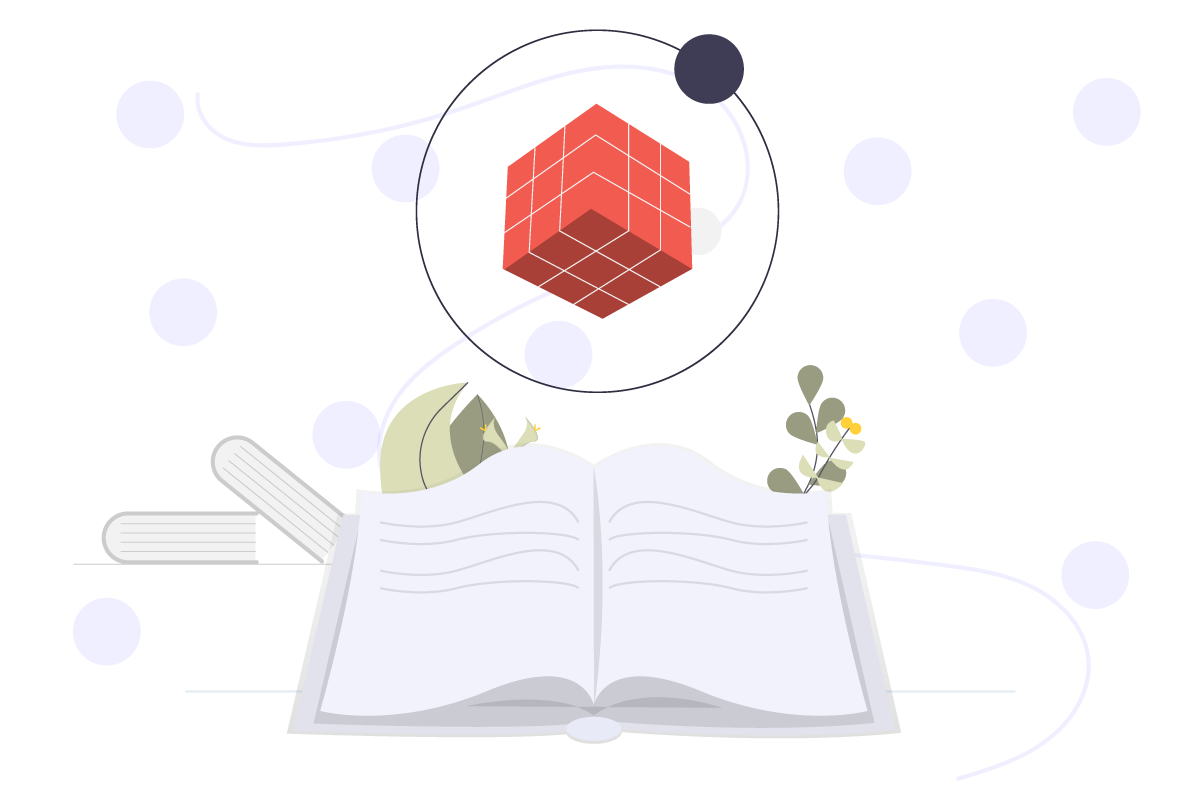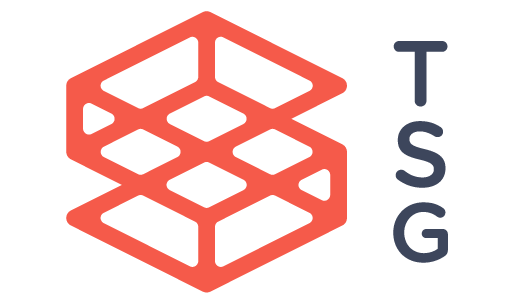I’m sure I’m not alone in being able to find hidden gems among the laundry list of negatives through much of 2020. Greater self-awareness, a deeper connection to nature, a more intense focus on family, or even something so simple as family dinners every night.
As we near the end of a totally insane year and I reflect back on my experiences, one of my favorite books comes to mind: Essentialism: The Disciplined Pursuit of Less, by Greg McKeown. Few books in my life have resonated more and had a greater impact than Greg’s. I read it first in the context of being more efficient business leader, then months later went back to read it again but through the lens of my personal life, extracting even more value the second time. When I look back on the craziness of this year, I believe the learned concepts in this book allowed me to thrive under highly uncertain and difficult circumstances.
The author does a great job from the outset of describing the differences between a Nonessentialist and an Essentialist. One thinks “I have to” vs “I choose to.” One says “yes” to people without really thinking, while the other says “no” to everything except the truly essential. The Nonessentialist tends to feel out of control, while living a life that does not satisfy. The Essentialist feels in control, while living a life with more meaning and consequence. I’m sure we all know plenty of folks in the first category, and perhaps a few in the second. In my experience, the majority of people do not lead an essential-driven life. But why? For the people who want it, why might it be difficult to obtain?
Social pressure is tremendous factor. People have simply come to expect other people to give of themselves and their time in an unreasonable manner. Why wouldn’t you volunteer for this project I’m working on? Why won’t you spend 40 minutes talking to me on the phone? Why wouldn’t you do this meeting or conference call with this person? Everyone does things like this every day!! Becoming an Essentialist while surrounded by Nonessentialists is difficult, because there’s a gap between how everyone else operates and how you’re trying to. How they choose to spend their time and how you want to spend yours.
People also get themselves into trouble without any help from others, just by thinking they can have it all. “I have time, I can do it all.” “I don’t need to choose between these activities – I can do both.” Operating with that mindset is a surefire way of living a life drowning in a sea of the trivial. Richard Koch of The 80/20 Principle once said “Most of what exists in the universe – our actions, and all other forces, resources, and ideas – has little value and yields little result: on the other hand, a few things work fantastically well and have tremendous impact.” Do not underestimate the trivial nature of almost everything.
The author spends necessary time discussing “The Invincible Power of Choice.” We all, as individual free people, have the power to make choices every day. Perhaps most importantly, how we spend our time and who we spend it with. And even though one can be hyper-aware of that inalienable right to choose, it can still be very difficult to do so in the moment. McKeown refers to this condition as Learned Helplessness: being conditioned over time to believe that you don’t have a choice. You have to do something, when in reality, you most certainly do not. Ask yourself, “is it a clear YES?” If not, then it should be a clear NO.
Think about editing your life. What (or who!) can be edited from your life in order to make room for the more essential items, activities, and people to shine brighter and deeper. One of my favorite simple examples from Essentialism can be applied when deciding on the value of an item you own, and if you should keep it:
Pretend you don’t own it yet. Do not ask “How much do I value this item?” Instead, ask “If it did not own it, how much would I pay to obtain it?” We can do the same for opportunities and commitment: Don’t ask “how will I feel if I miss out on this opportunity?” But rather “If I did not have this opportunity, how much would I be willing to sacrifice in order to obtain it?”
Take the time to decide what in your life is truly essential, vs. part of the trivial mess. Don’t ever lose grip on your invincible power to choose. And above all else, let this message from the author really sink in: If you don’t prioritize your life, someone else will. Think about it. How many times this year have you let someone else prioritize your life, your time? How many times in the last week or the last 24 hours?! Don’t worry, it happens to the best of us. Which is why I’m so thankful for the craziness of 2020 bringing me back to these concepts so I can renew my commitment to living a life of Essentialism.



